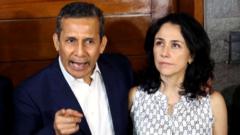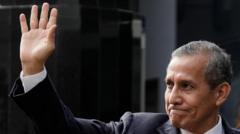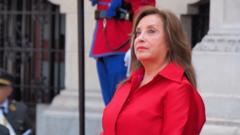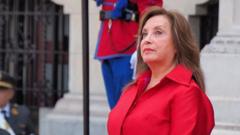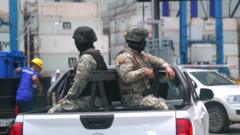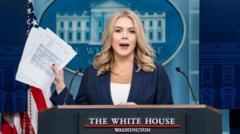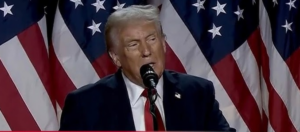In a career that spanned over six decades, Vargas Llosa became a pivotal figure in the Latin American Boom, addressing themes of authoritarianism and social injustice through vivid storytelling and a keen political lens.
Mario Vargas Llosa: A Controversial Titan of Latin American Literature
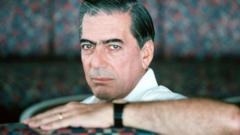
Mario Vargas Llosa: A Controversial Titan of Latin American Literature
Mario Vargas Llosa, the Nobel Prize-winning author and cultural icon of Latin America, has passed away at 89, leaving a legacy of controversy and compelling literature.
Mario Vargas Llosa, whose passing was announced on April 13 in Lima, Peru, will be remembered as a luminary in the landscape of Latin American literature. With a prolific output of over 50 works, many of which have garnered international acclaim and translation, Vargas Llosa's literary genius was recognized with the Nobel Prize for Literature in 2010, celebrated for his masterful storytelling ability.
Born in 1936 in Arequipa, Peru, Vargas Llosa's early life was shaped by the separation of his parents and subsequent moves, eventually leading to his education in literature and politics. His debut novel, "The Time of the Hero," challenged military corruption in Peru and set the stage for his role in the Latin American Boom, a literary movement marked by innovative narratives and political engagement during the tumultuous 60s and 70s.
While originally aligned with leftist revolutionary ideals, Vargas Llosa became increasingly critical of authoritarian regimes and social injustices, culminating in an unsuccessful run for Peru's presidency with a center-right party in 1990. Known for his confrontational style not only on the page but also in life, Vargas Llosa had a famously tumultuous friendship with fellow writer Gabriel García Márquez, which included a 1976 incident where Vargas Llosa punched García Márquez in a cinema, stemming from differing political views.
Vargas Llosa's notable works, such as "Conversations in the Cathedral" and "The Feast of the Goat," explored themes of social decay and political oppression, underscoring the impact of historical events on ordinary lives. His literary contributions were often intertwined with his political stances, leading to both admiration and criticism from various quarters, including a controversial impression of the Uchuraccay massacre.
Later years saw Vargas Llosa residing between Peru and Madrid, while also engaging in relationships that attracted tabloid attention, including a high-profile romance with socialite Isabel Preysler. Despite facing backlash over his statements on pressing societal issues, including feminism and violence against journalists, he remained a divisive figure until the end.
Vargas Llosa's death marks the end of an era for the Latin American Boom, leaving an indelible mark on global literature and a vast legacy ripe for continued discussion and reflection.
Born in 1936 in Arequipa, Peru, Vargas Llosa's early life was shaped by the separation of his parents and subsequent moves, eventually leading to his education in literature and politics. His debut novel, "The Time of the Hero," challenged military corruption in Peru and set the stage for his role in the Latin American Boom, a literary movement marked by innovative narratives and political engagement during the tumultuous 60s and 70s.
While originally aligned with leftist revolutionary ideals, Vargas Llosa became increasingly critical of authoritarian regimes and social injustices, culminating in an unsuccessful run for Peru's presidency with a center-right party in 1990. Known for his confrontational style not only on the page but also in life, Vargas Llosa had a famously tumultuous friendship with fellow writer Gabriel García Márquez, which included a 1976 incident where Vargas Llosa punched García Márquez in a cinema, stemming from differing political views.
Vargas Llosa's notable works, such as "Conversations in the Cathedral" and "The Feast of the Goat," explored themes of social decay and political oppression, underscoring the impact of historical events on ordinary lives. His literary contributions were often intertwined with his political stances, leading to both admiration and criticism from various quarters, including a controversial impression of the Uchuraccay massacre.
Later years saw Vargas Llosa residing between Peru and Madrid, while also engaging in relationships that attracted tabloid attention, including a high-profile romance with socialite Isabel Preysler. Despite facing backlash over his statements on pressing societal issues, including feminism and violence against journalists, he remained a divisive figure until the end.
Vargas Llosa's death marks the end of an era for the Latin American Boom, leaving an indelible mark on global literature and a vast legacy ripe for continued discussion and reflection.



